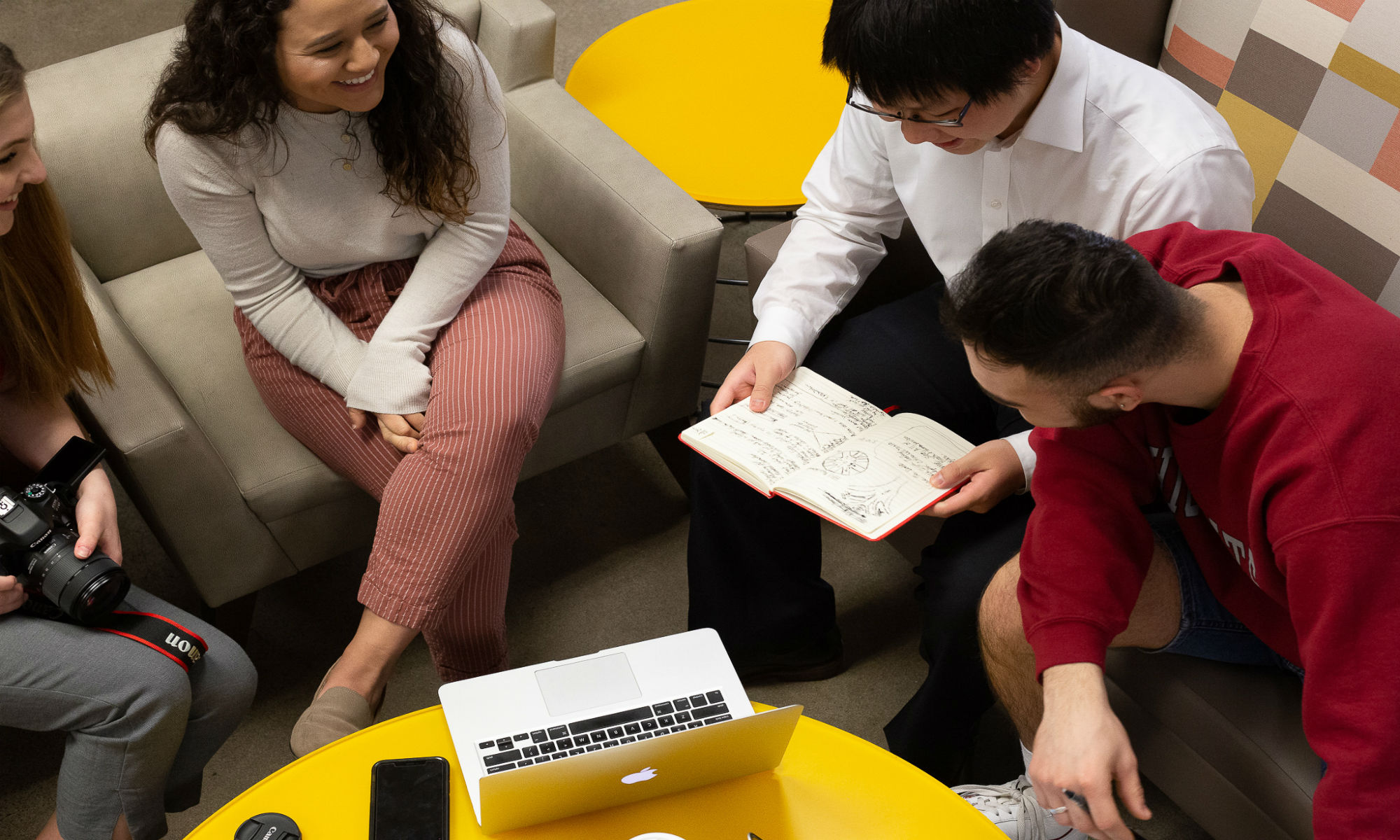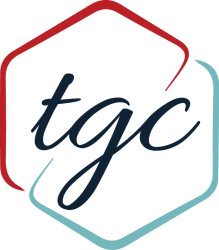With graduation six months away, my mind is being pulled in so many different directions of where I could see myself. On one end, I see myself living the glamorous city life in San Francisco. On the other end I see myself moving across the country to North Carolina living a humble life on the lake with extended family members.
Both these situations are completely different, but I want to be immersed in something I am passionate about while utilizing the skills I learned in Tehama Group Communications.
I have been surrounded by cooking and baking my whole life. My dad has always had a passion for cooking. After his career as a golf pro ended he decided to start a catering business, Fuget About It Catering, out of our tiny suburban home kitchen.
Since then it has developed into an incredible business that spread throughout our community by word of mouth. He now has a commercial kitchen and multiple catering jobs a day to prove his success. We started working for him right away as a way to make some quick cash but it soon turned into an amazing learning experience in the kitchen. Cooking is a means to express my creativity and come up with meals using ingredients I would have not thought would be good together.
So, how do I incorporate these passions into my future?
According to an article in Economy Watch, “the food industry comprises a complex network of activities pertaining to the supply, consumption, and catering of food products and services across the world.” This includes the marketing, distribution and advertising of products. That’s where I am most interested within the food industry.
Human’s basic needs will always include food and water therefore the food industry has nothing but room for growth and a profitable future. The food industry is a trillion dollar industry with is wide variety of networks.
O’Dwyer’s released a ranking of the top food and beverage public relations firms and amongst the top three are Edelman ($116,626,00), Hunter PR ($16,500,000) and APCO Worldwide ($16,283,000). These are just three of a list of 48 agencies that work with the food and beverage industry. These growing numbers prove to me that I can work to incorporate my passion for food with my personal professional goals.
So, what’s next?
Network, network, network! That is the number one word I hear when I do site visits and it’s the way I plan to weasel my way into employers minds. I hope to stand out within these lucrative companies by incorporating my passion for food into my application process and researching their projects that involve food in some way.
Hopefully, in ten years when I am looking through old files I read this blog and have a smile on my face. The smile will be a result of incorporating my professional goals with my passions for cooking and baking.
By: Miranda Carpenello





